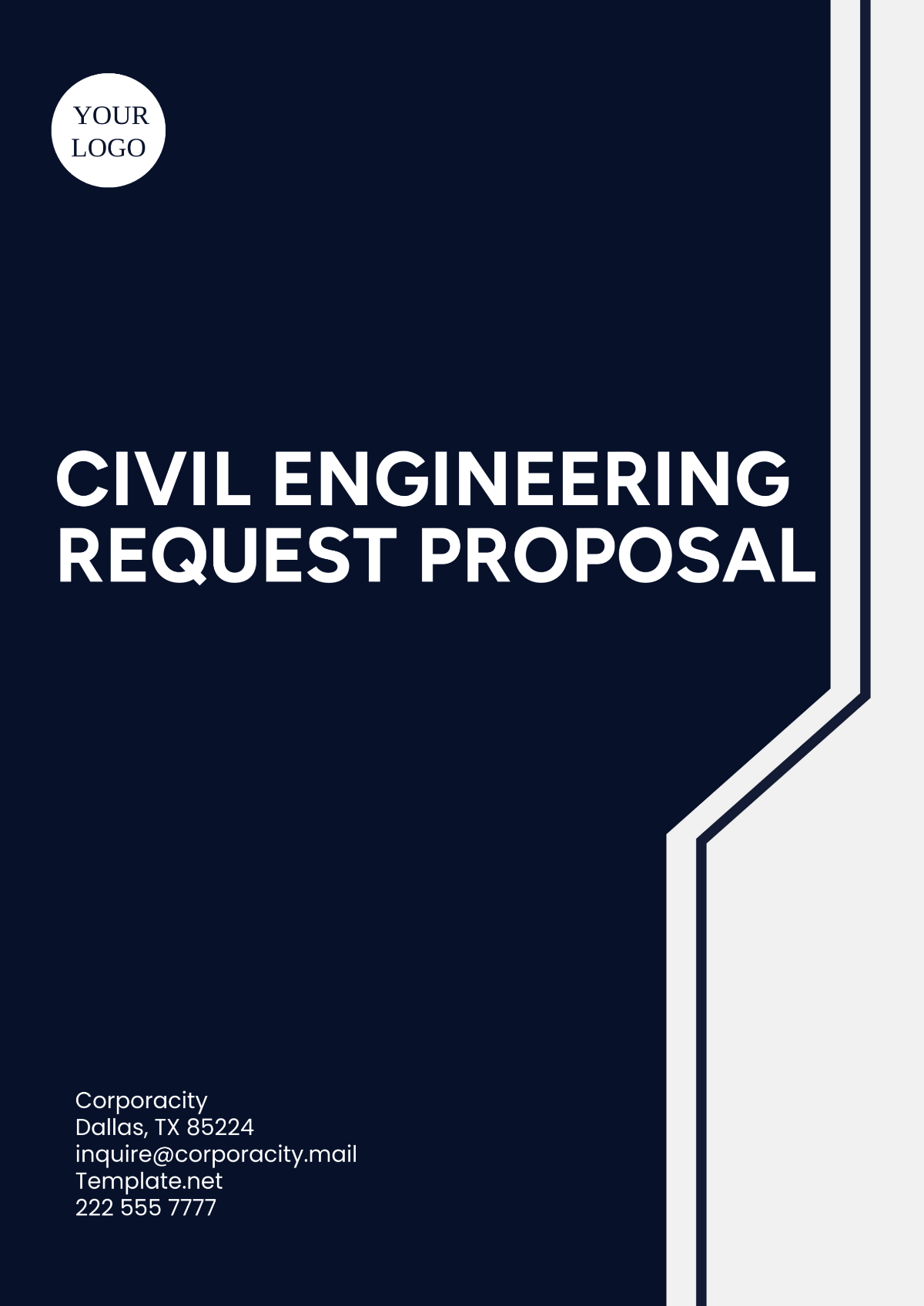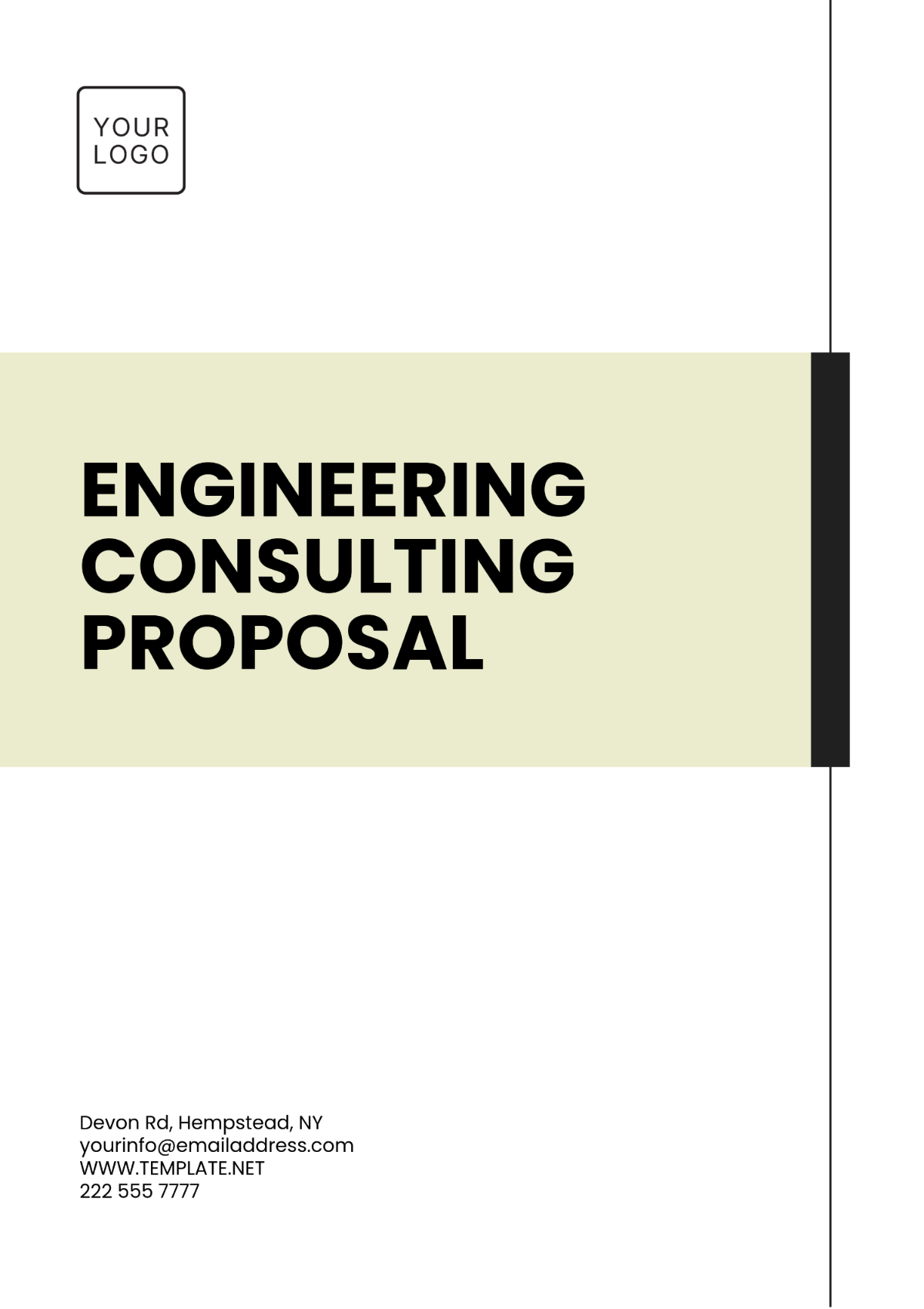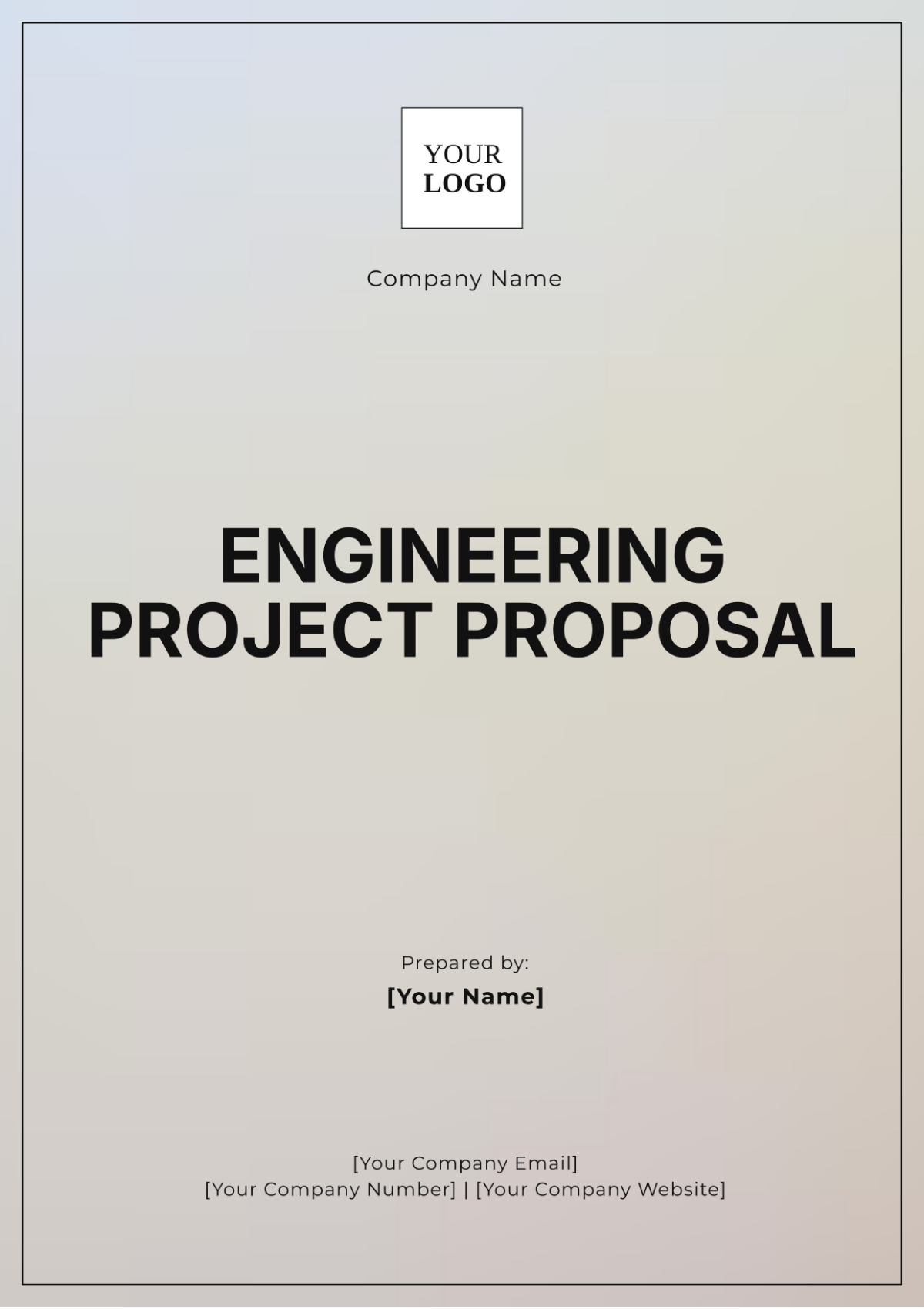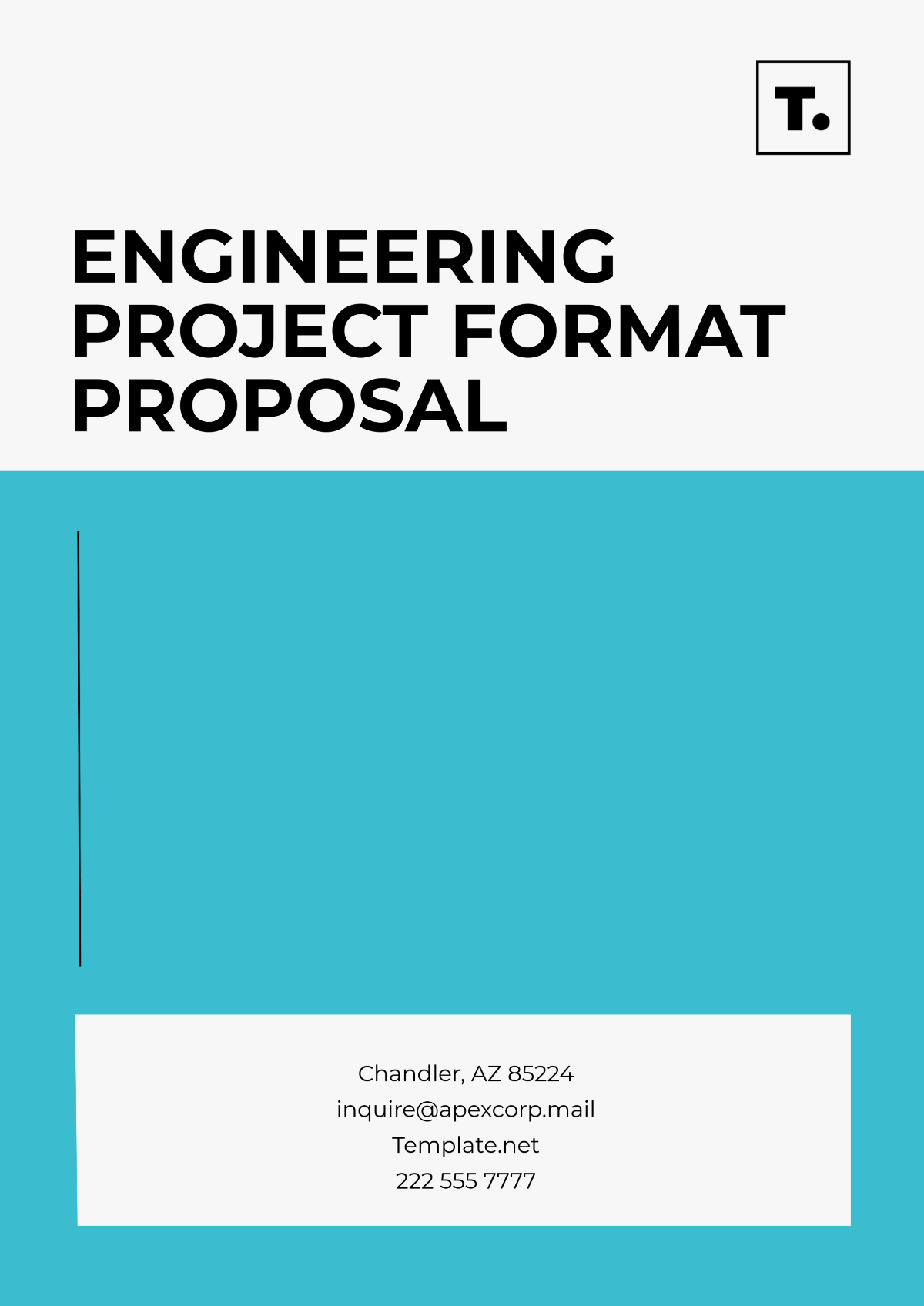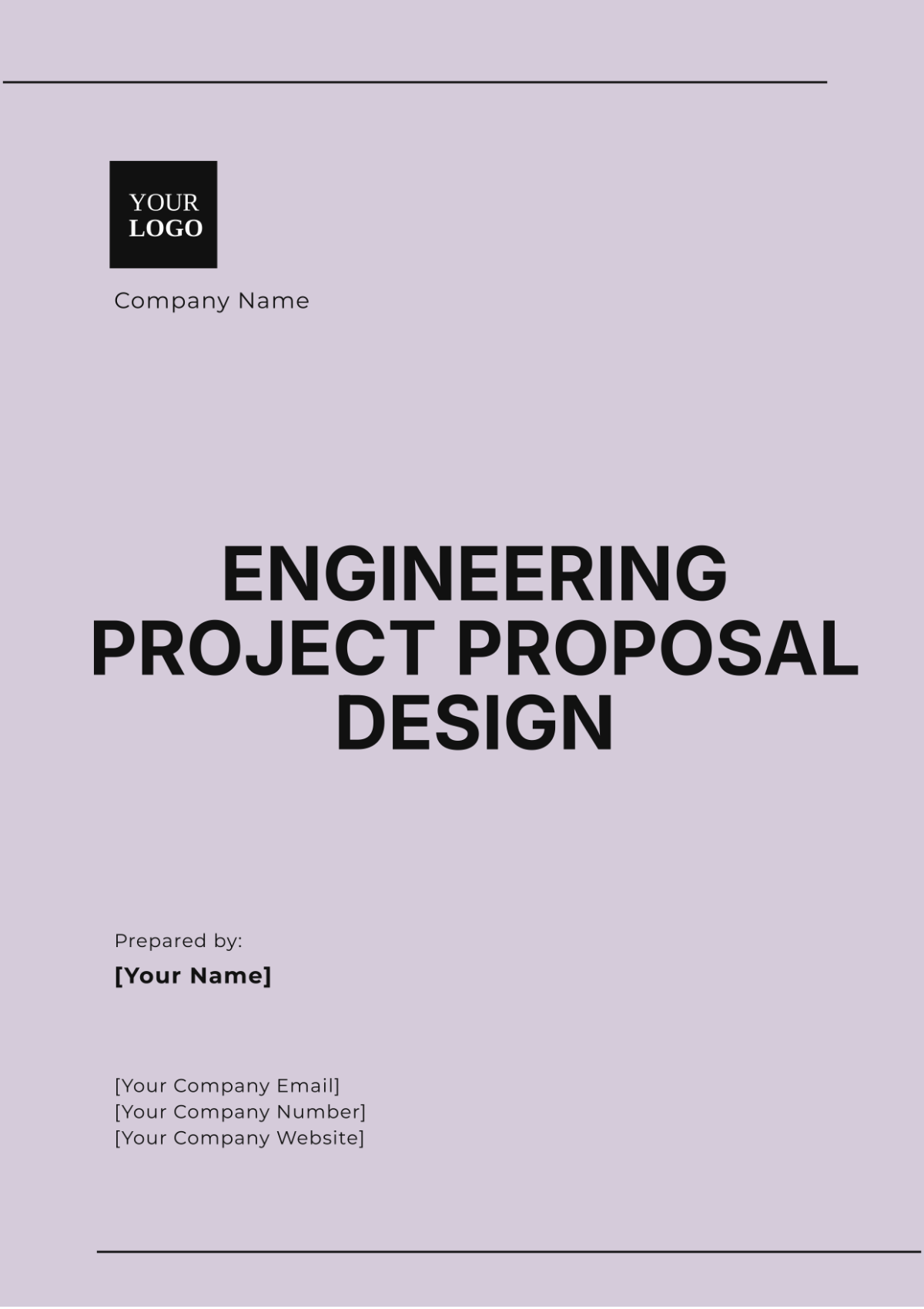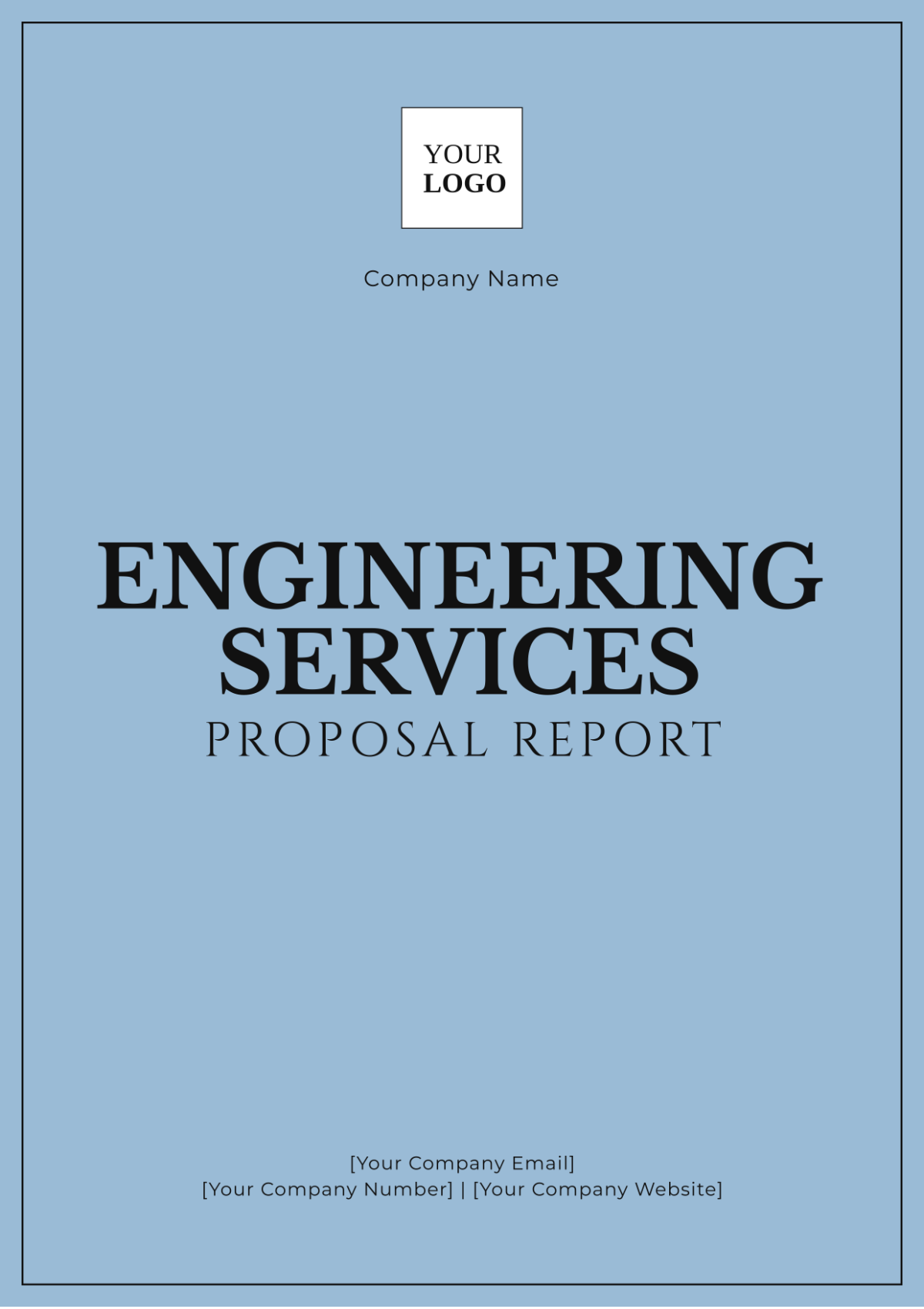Engineering Project Proposal Design
1. Executive Summary
This proposal outlines the development of a Smart Waste Management System (SWMS) aimed at optimizing waste collection and recycling processes in urban areas. By integrating IoT sensors and AI analytics, the project will enhance operational efficiency and reduce environmental impact. The project is anticipated to improve waste collection efficiency by 30% and reduce landfill overflow by 20%.
2. Introduction
Background:
Urban waste management poses significant challenges due to increasing population density and waste production. Current systems are often inefficient, leading to higher operational costs and environmental pollution.Objectives:
The primary objectives are to:Develop a real-time monitoring system for waste bins using IoT technology.
Implement AI algorithms for optimal route planning for waste collection.
Establish a user-friendly app for residents to report waste-related issues.
3. Project Scope
Scope of Work:
The project will involve:Designing and deploying IoT sensors in waste bins.
Developing a centralized data management platform.
Creating a mobile application for end-users.
Timeline:
Phase
Start Date
End Date
Project Kick-off
January 5, 2050
January 19, 2050
Research & Development
January 20, 2050
March 15, 2050
Prototype Development
March 16, 2050
June 15, 2050
Testing & Quality Assurance
June 16, 2050
August 30, 2050
Deployment
September 1, 2050
September 30, 2050
Project Review & Closure
October 1, 2050
October 15, 2050
Budget Estimate:
Total estimated budget: $500,000
IoT Sensor Development: $150,000
Data Management Platform: $200,000
App Development: $100,000
Testing and Quality Assurance: $50,000
4. Project Methodology
The project will utilize Agile project management methodologies, facilitating flexibility and iterative development. Key technologies will include:
IoT sensors for real-time data collection.
Machine learning algorithms for data analysis and route optimization.
A cloud-based platform for centralized data management.
5. Project Team
Project Manager: Jane Doe, PMP, 10 years of experience in smart city projects.
Lead Engineer: Mark Lee, M.Eng., specializes in IoT and smart technologies.
Software Developer: Sarah Chen, B.S. in Computer Science, focuses on mobile app development.
Data Scientist: Tom Brown, Ph.D. in Data Analytics, experienced in AI applications.
6. Risk Assessment
Risk | Description | Mitigation Strategy |
|---|---|---|
Technology Failure | Potential issues with IoT sensors | Conduct thorough testing and quality assurance. |
Budget Overrun | Unforeseen costs may arise | Regular budget reviews and contingency plans. |
Regulatory Delays | Delays in securing necessary permits | Early engagement with regulatory bodies. |
7. Benefits and Impact
The SWMS will provide several benefits, including:
Reduced operational costs by optimizing waste collection routes.
Improved recycling rates through better waste segregation.
Enhanced community engagement via the mobile app for reporting issues.
8. Conclusion
This proposal presents an innovative solution to the pressing issue of urban waste management. By implementing the Smart Waste Management System, we aim to create a cleaner, more efficient urban environment. We look forward to the opportunity to collaborate with Global Solutions Inc. on this important project.
9. Appendices
Appendix A: Technical specifications for IoT sensors.
Appendix B: Detailed budget breakdown.
Appendix C: Project timelines and milestones.
Appendix D: Case studies from similar projects.
